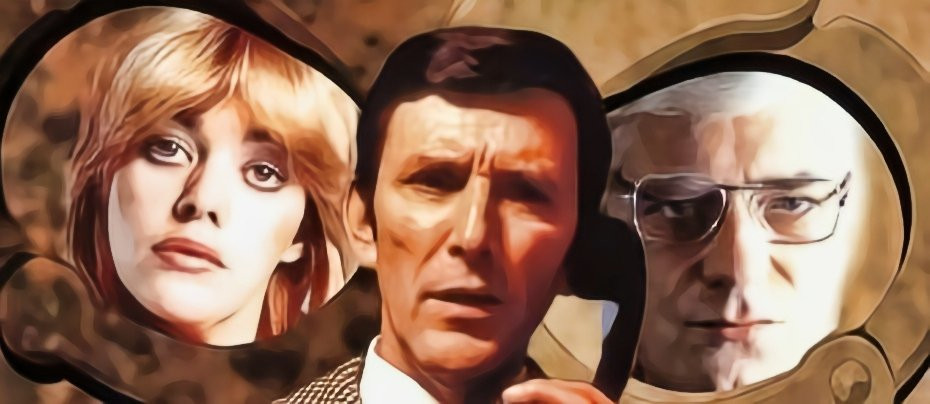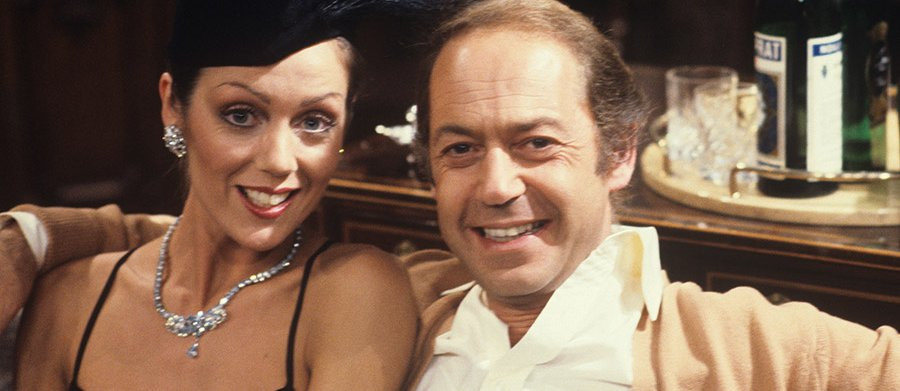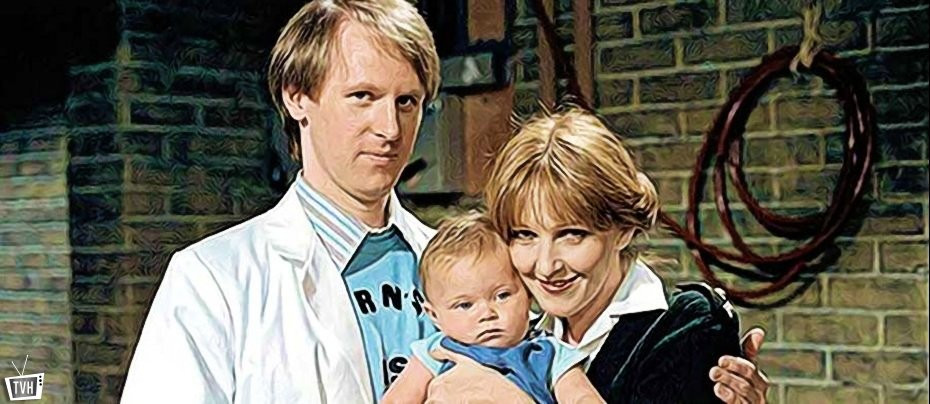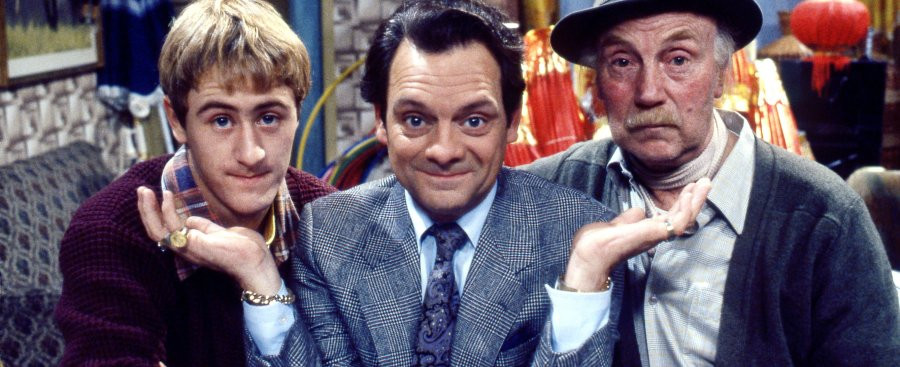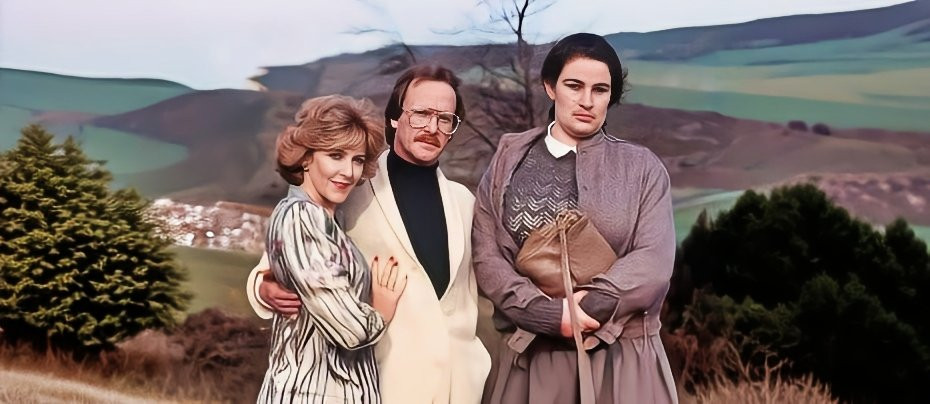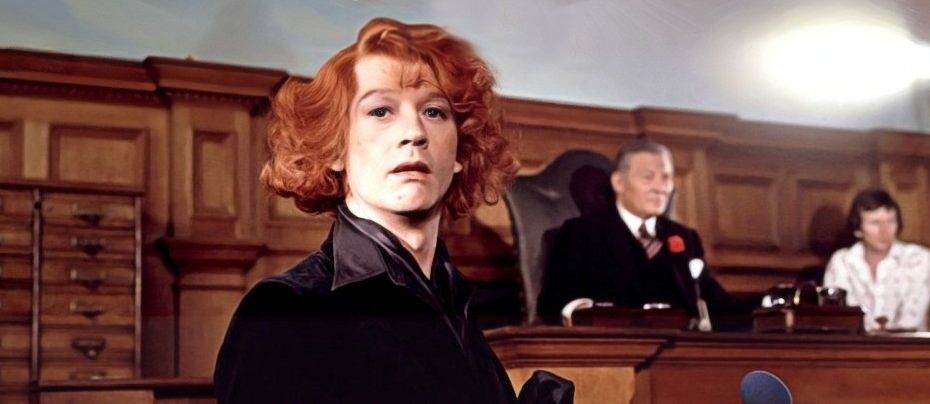
The Naked Civil Servant
1975 - United KingdomPhilip Mackie’s 1975 adaptation of the 1968 autobiography of the same name by Quentin Crisp, The Naked Civil Servant, aired by Thames Television for the ITV network, stands as a landmark in British television history, both for its groundbreaking subject matter and its fearless approach to portraying the life of an openly gay man in a time when homosexuality was still widely stigmatized.
The narrative chronicles the life of Crisp (John Hurt), from his youth in the early 20th century to his emergence as a flamboyant gay icon. Set against the backdrop of a rigidly conservative British society, the play delves into Crisp’s experiences with bullying, societal rejection, and the legal and social challenges faced by homosexuals. The title itself is a metaphor for Crisp’s boldness in baring his true self to a hostile world.
John Hurt’s portrayal of Crisp is nothing short of mesmerizing, delivering a performance that is both sensitive and defiant in capturing the complexity of Crisp’s character. He skilfully balances Crisp’s outward bravado with moments of vulnerability, bringing depth and colour to the role. Hurt’s ability to embody Crisp’s mannerisms and speech patterns is particularly impressive, making the character both authentic and compelling. Hurt’s portrayal earned him a deserved BAFTA TV Award for Best Actor, cementing his status as one of Britain’s finest.
Jack Gold’s direction ensures that the play remains focused and intimate. Gold uses a straightforward, almost documentary-like style that lends a sense of realism to the narrative. The cinematography and set design effectively recreate the bleakness of early 20th-century Britain, contrasting sharply with Crisp’s vibrant personality. The juxtaposition of Crisp’s colourful existence against the drabness of his environment visually reinforces the central conflict of the narrative.
Quentin Crisp introduces the film, acknowledging that casting someone else to play him was a wise choice, as they would undoubtedly portray him better than he could. He asserts that "any film, even the worst, is at least better than real life."
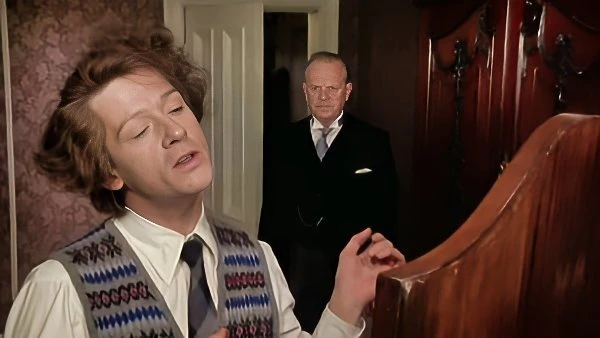
We first encounter the teenage Quentin Crisp living with his doting mother and bad-tempered father. By his own account, Crisp was "effeminate" from an early age, resulting in his being teased while at school, and as he becomes aware of his sexual orientation, he realizes he is not attracted to women. His concerned parents seek medical advice in the hope of "curing" him. Eventually they send him to college to help him integrate into society.
He meets a transvestite prostitute who introduces him to the local gay scene, where he discovers the joys of makeup. Enthralled, Crisp dyes his hair red and openly embraces his homosexuality. His father accuses him of looking like a male whore, which Crisp doesn't mind, prompting him to begin working as a prostitute. After meeting his first boyfriend, he leaves home.
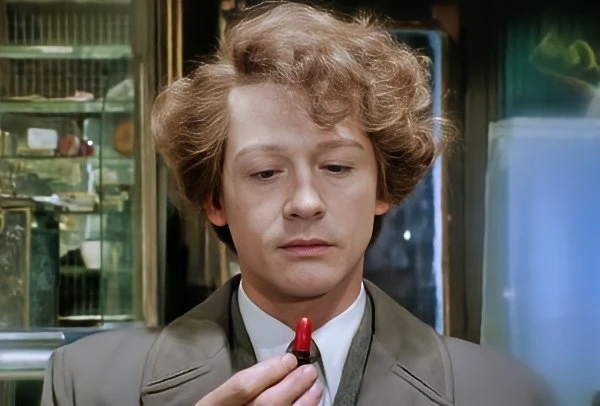
In 1930, Crisp gets a job as a commercial artist, and it has now become a mission of his to express his homosexuality, resulting in rejection by almost everyone. He is constantly the victim of violent beatings (gay-bashing) and even the gay community won't associate with him because of the way he draws attention to himself with his overt flamboyance (he wore bright make-up, dyed his long hair crimson, painted his fingernails and wore sandals to display his painted toenails), whilst they are still very much in the closet. In 1939, he is rejected from serving in the military, declared exempt by the medical board on the grounds that he is "suffering from sexual perversion". He then begins working as a nude model in a government-funded art school. Later he is arrested for soliciting in London but turns the situation to his advantage and gives a life-defining speech at his court hearing. He has so many good character witnesses that the case is thrown out of court.
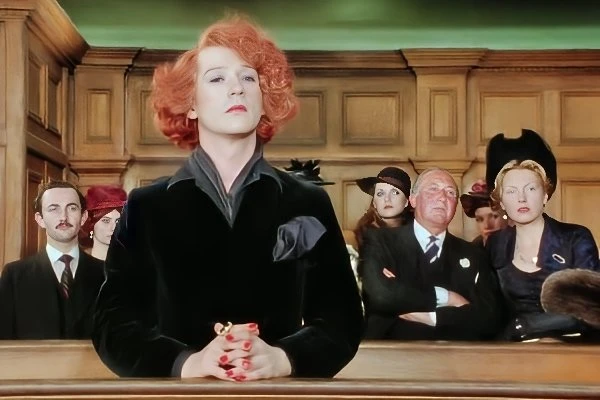
In the play, Crisp takes a Polish lover who eventually hangs himself, although this may have been added purely for dramatic effect, as there is no mention of this person in his memoirs or anywhere else.
The broadcast of The Naked Civil Servant on television in both the UK and the US catapulted John Hurt to stardom and transformed Quentin Crisp into an overnight celebrity. Crisp, in appreciation, lauded Hurt as his ‘representative on earth.’ Jack Gold received the highest honour from BAFTA, The Desmond Davies Award, for his exceptional creative contribution to television.
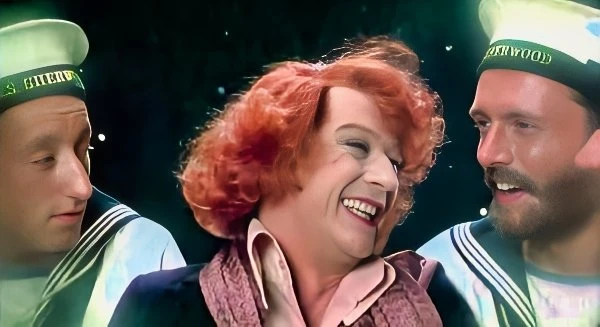
This triumph steered Crisp towards a new career path as a performer and lecturer. He crafted a solo performance and set out on a national tour. The initial segment of his act was a captivating monologue, loosely inspired by his autobiography, followed by a session of Q&A, where Crisp humorously responded to the audience’s written inquiries selected at random.
At the play’s conclusion, Crisp reflects on how the "symbols he embraced to manifest his uniqueness have now become the attire of all youth." He fondly recalls an evening of absolute joy and proclaims himself as one of England’s 'stately homos.'
Seen this show? How do you rate it?
Seen this show? How do you rate it?
Published on June 17th, 2024. Written by Marc Saul for Television Heaven.



